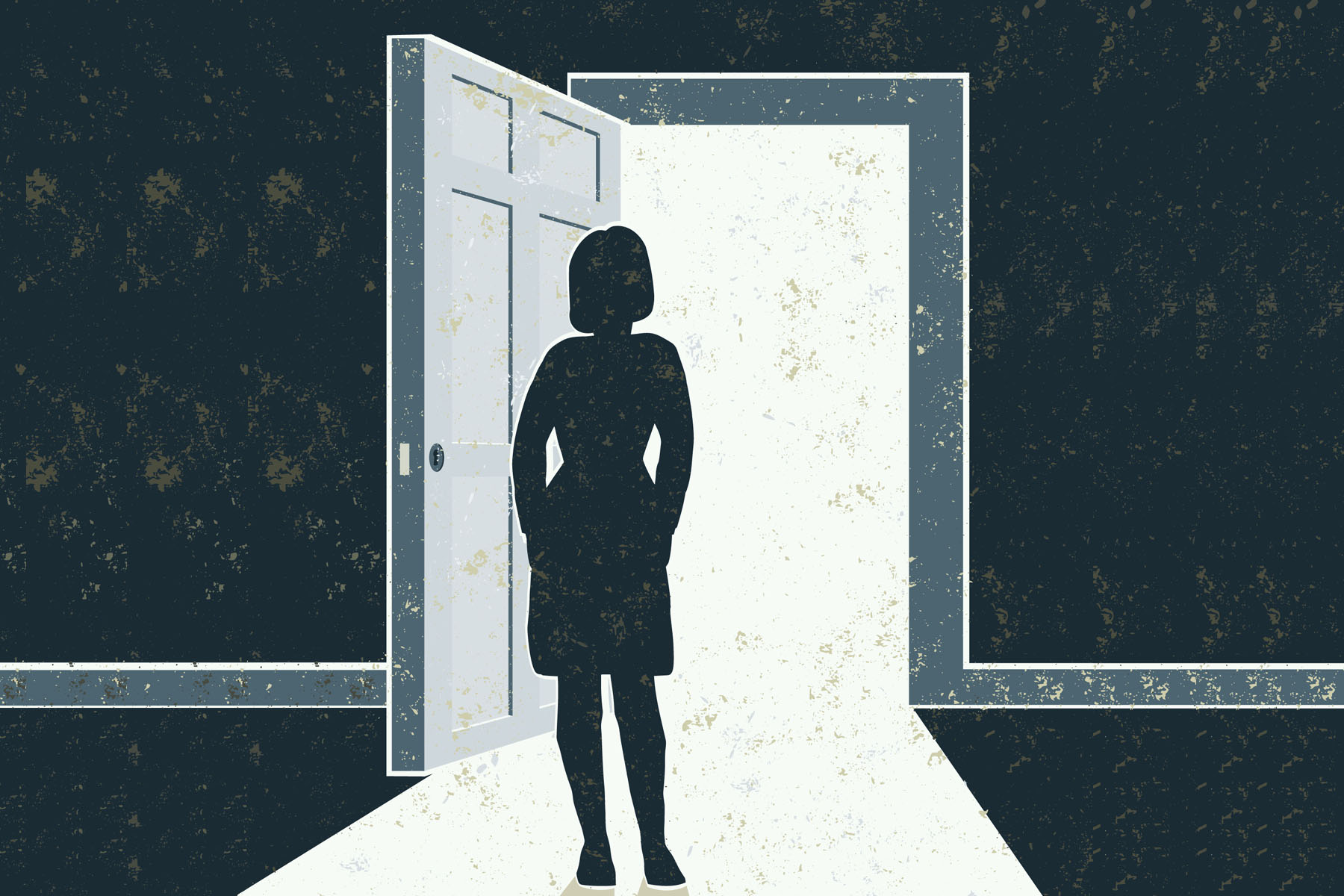
Intimate partner violence (IPV) continues to be one of the most prevalent problems affecting the health and wellbeing of millions of women across the globe. It affects women across their life course from adolescence (particularly problematic in those countries where child- or early marriage occurs, such as in Lower and Middle-Income Countries (LMIC) to women in later life.
In addition to physical consequences, experiencing IPV is associated with mental health conditions, including depression, anxiety, post-traumatic stress disorder (PTSD), and problematic substance use to name a few. To date, there is insufficient research exploring: coercive control and its manifestations in various cultures, the role of the family (especially extended family) in preventing IPV; mental health impacts of IPV on victims and family members, and effective interventions to reduce mental health impacts of IPV and improve victim’s access to health and social care services.
This WUN project aims to bring together international experts to explore the issues mentioned above with a special focus on the mental health impacts of IPV on victims and their access to support services.
Through this project we aim to:
- Forge a dynamic interdisciplinary network of scholars in gender, gender-based violence, IPV, family studies, public health, and methodological approaches, along with non-governmental organisations and public health practitioners;
- Hold a research prioritisation exercise with relevant stakeholders to facilitate the development of future research grant applications and partnerships
- Hold a workshop exploring the methodological challenges and approaches in working with victims of IPV to understand their mental health experiences (this will include attendees from academia, NGO organisations, voluntary and statutory sectors)
- Foster the development of PhD students and early career researchers in relation to IPV and gender-based violence (GBV) and women’s health through their inclusion in the network and in future grant applications.
Selected outcomes
Publications
- Ali, P., Rogers, M. & Heward-Belle, S. (2021) COVID-19 and domestic violence: impact on mental health. Journal of Criminal Psychology, 11(3): 188-202.
- Comprehensive Guide of Gender-Based Violence Edited by Parveen Ali and Michaela M. Rogers: Chapter: Violence against disabled people: a view from New Zealand. Debbie Hager, University of Auckland
- Comprehensive Guide of Gender-Based Violence Edited by Parveen Ali and Michaela M. Rogers: Chapter: Violence against women: Perpetrators role Susan Heward Belle
Policy outputs
- D.Hager University of Auckland 2020-2021 Advisor to the NZ Gove Joint Ministerial Business Unit to develop a National Strategy/action plans for Sexual and Family Violence; Member of the NZ Human Rights Disability Advisory Group
Workshops
- Paper presentation in May 2022 at MEPLI talk, Maastricht University, Julieta Marotta, UNU-MERIT/Maastricht University on Familicide and Coercive control
